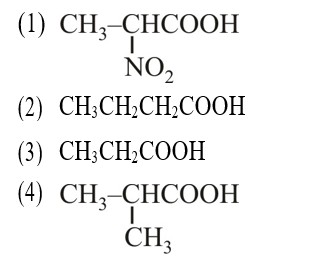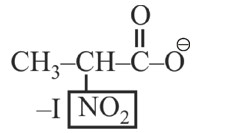Sewage containing organic waste should not be disposed of in water bodies because it causes major water pollution. Fishes in such a polluted water die because of
(i) Large number of mosquitoes.
(ii) Increase in the amount of dissolved oxygen.
(iii) Decrease in the amount of dissolved oxygen in water.
(iv) Clogging of gills by mud.
Sewage containing organic waste should not be disposed of in water bodies because it causes major water pollution. Fishes in such a polluted water die because of
(i) Large number of mosquitoes.
(ii) Increase in the amount of dissolved oxygen.
(iii) Decrease in the amount of dissolved oxygen in water.
(iv) Clogging of gills by mud.
-
1 Answer
-
This is a Multiple choice Questions as classified in NCERT Exemplar
Option (iii)
i.e., Decrease in the amount of dissolved oxygen in water is the answer since organic waste is oxidized by microorganisms in the presence of dissolved oxygen. Hence, oxygen decreases in water as a result it is harmful for aquatic life.
Similar Questions for you
–I effect ∝ Acidic strength
+I effect ∝ Basic strength
* Most stable anion due to maximum –I effect.
* Most acidic
with increase in separation of screen from slits plane, fringe width increases.
Excessive nitrate in drinking water causes methemoglobinemia
Excessive nitrate in drinking water causes methemoglobinemia
Release of toxic/undesirable materials in the environment.
Taking an Exam? Selecting a College?
Get authentic answers from experts, students and alumni that you won't find anywhere else
Sign Up on ShikshaOn Shiksha, get access to
- 66k Colleges
- 1.2k Exams
- 681k Reviews
- 1800k Answers



